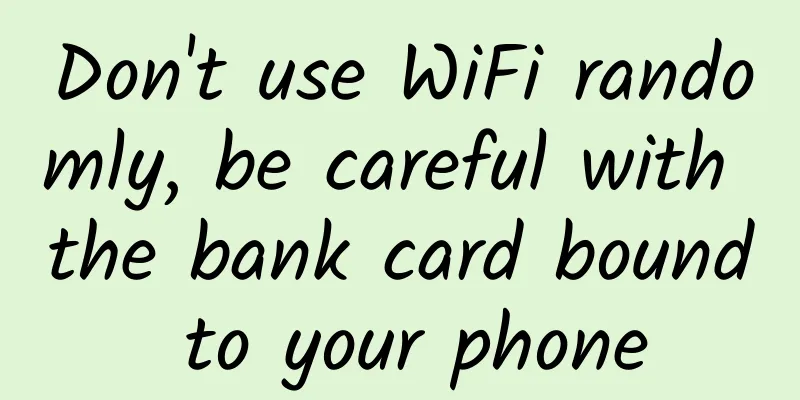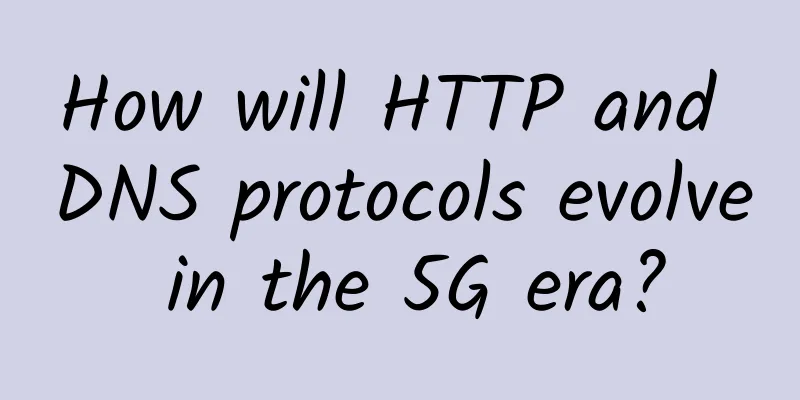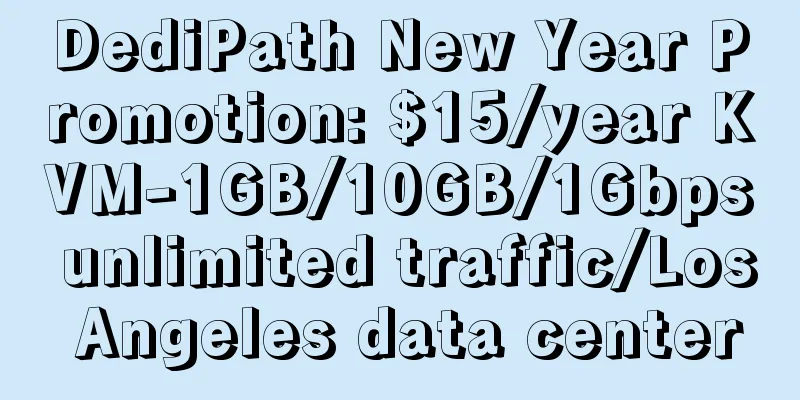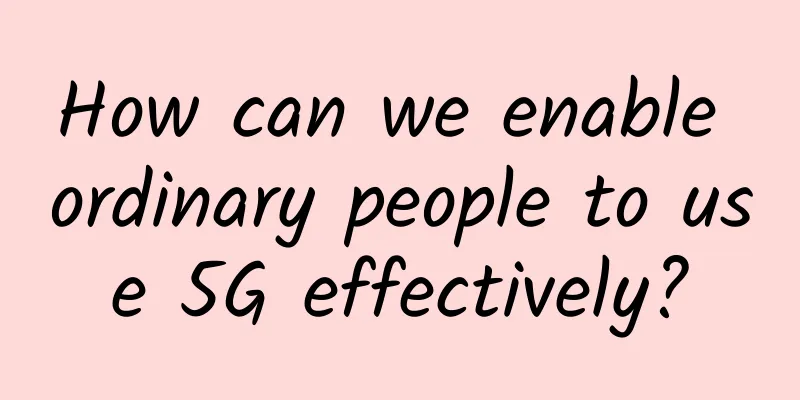Don't use WiFi randomly, be careful with the bank card bound to your phone

|
Many people have Wi-Fi installed at home. However, some neighbors have found that even though the password of the Wi-Fi at home has been set, it is often connected to by strangers. How do they know the password? Having someone know your password and use it to surf the Internet is not a big deal. Recently, some media reported that this could lead to even greater risks. What is going on? Let's find out with G4 reporter Lu Xinjin. If your mobile phone has no data, WiFi will help you. In order to facilitate mobile Internet access, many neighbors will install wireless networks at home. However, some neighbors found that their private WiFi was being used by others without their knowledge.
The neighbors interviewed believed that this kind of situation would definitely be unpleasant. After all, it was their money that they spent, and it wasn’t very good if others were to use the internet for free. If they wanted to use it, why didn’t they buy it themselves?
I paid for the WiFi to be used by others. Some neighbors told reporters that sometimes they found that the Internet speed was slow. Once they checked, they found this situation, so they had to keep changing the password. But how can you connect to WiFi without a password?
G4 reporter opened his mobile phone in a commercial plaza in Ke Village and searched for dozens of nearby WIFI hotspots through a WiFi key app. The hotspots with a key icon on the screen can be connected, and the mobile phone can use these wireless networks with just a tap of the finger.
In just a few seconds, the G4 reporter's mobile phone connected to multiple WiFi networks. In the software store, the reporter found a lot of such software, such as WIFI password viewer, WiFi free assistant, etc. Some of them can even view passwords through third-party ROOT (tools). The working principle of WiFi sharing software is very simple: by sharing the known password of WiFi, other users can also use the network for free. WiFi sharing software will then push advertisements or guide traffic to merchants based on user preferences, location and other information. This means that if users use these software to log in to the wireless network unintentionally, the network will be shared by default. If there are unprotected file servers or other sensitive resources in the network, the consequences are unimaginable. In fact, these are not the most terrible things!
According to media reports, if the user's original ID password is not changed, by entering admin, the tester can enter the router's backend and see some of the linked person's information. Hackers can even steal bank card passwords. Through the WiFi key software, the privacy behind the WiFi network is leaked.
If information is leaked or even stolen and used to commit crimes, it will definitely cause trouble to the individual and will definitely cause great economic losses to the company. In response to the various problems exposed, the WiFi Key software said that they are in WiFi sharing mode and the software itself does not have a decryption function, but the company cannot prohibit third-party ROOT behavior. As for the risks of password viewing, they said that they have removed this function as soon as possible.
But even so, some neighbors feel that there are too many similar software and it will take efforts from all parties to eradicate the problem. I hope that in addition to the government strengthening control, there will be better technical measures. For those who want to surf the Internet for free, the stronger the cracking ability of the "WiFi VPN key", the better. However, when you share other people's network, you also share your own network information, exposing yourself to risks. It can be said that the stronger the wifi key's ability to "destroy" the password, the greater the threat to information security. Therefore, it is not an exaggeration for some experts to call security issues the original sin that cannot be avoided. Neighbors should be more careful when using shared WIFI, and avoid "freeloading" on the internet for the sake of greed and leaking important personal information, which may result in financial losses.
|
<<: Overcoming the Security Challenges of Software-Defined Networking
>>: Domestic IPv6 system deployment speeds up and IPv6 application boom is coming
Recommend
How to fight the emergency communication battle in the “golden 72 hours”?
Life is the most important thing, and unity is st...
Ruijie Smart Town E-Day Tour
[[254402]]...
The transformation path of communication engineers in the 5G era
[[263696]] The 5G era is an era of great integrat...
Summary information: Yunmi Technology/Yunji Internet/Duoxiantong/PigYun/Cool Cloud
The traditional Chinese New Year is approaching, ...
How to display IP location across the entire network?
In order to further regulate domestic online publ...
The pace of 5G commercialization is accelerating, and smart hardware is experiencing rapid development
As another technological concept after smartphone...
This is probably the most comprehensive article on ICMP.
For the ICMP protocol, you may want to know the f...
Short Video Technology Guide: Evaluation of the Top 5 Short Video Solution Providers in China
Statistics from 2016 show that the average daily ...
The latest report on the value of the French 5G market: 100% 5G network is expected to be achieved by 2030
According to foreign media reports, in December 2...
Pour some cold water on the "feverish" 5G concept: the market is far from mature
The popularity of 5G networks, 5G mobile phones, ...
48V AC direct supply technology is the future development direction of data centers
With the large-scale construction of data centers...
2022, 6G development continues to heat up
Development of 6G networks is gathering pace, wit...
To be successful in 2018, operators need to rely on these three strategies
The story of 2017 has come to an end. On the surf...
Lend me a pair of "smart eyes" and come to Fuzhou to see the "chemical reaction" of smart cameras and multiple application scenarios!
[51CTO.com original article] On March 21, Huawei ...
BuyVM Las Vegas all packages restocked from $2/month, 1Gbps unlimited traffic, small amount restocked in Luxembourg/New York/Miami, etc.
All packages in BuyVM's Las Vegas data center...









